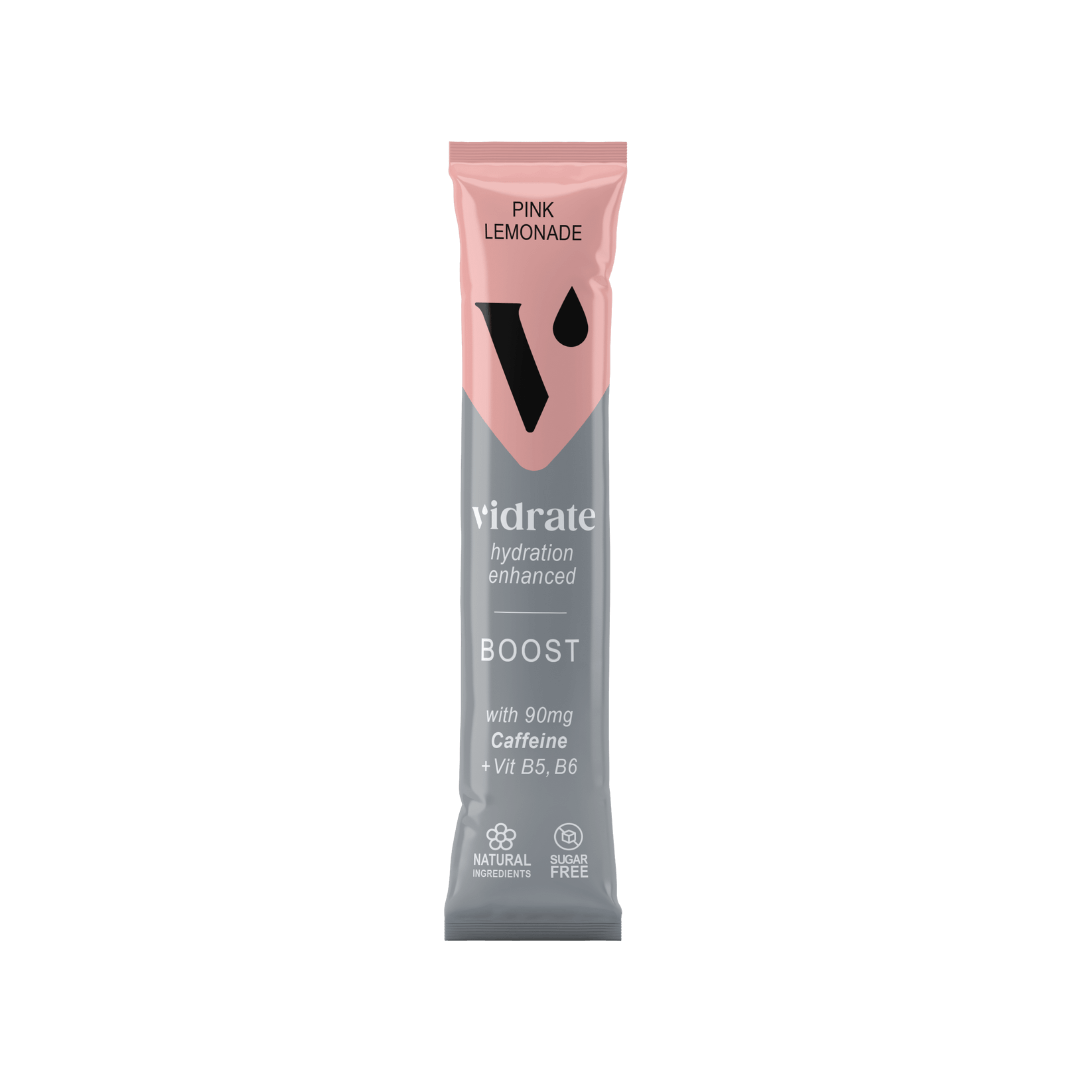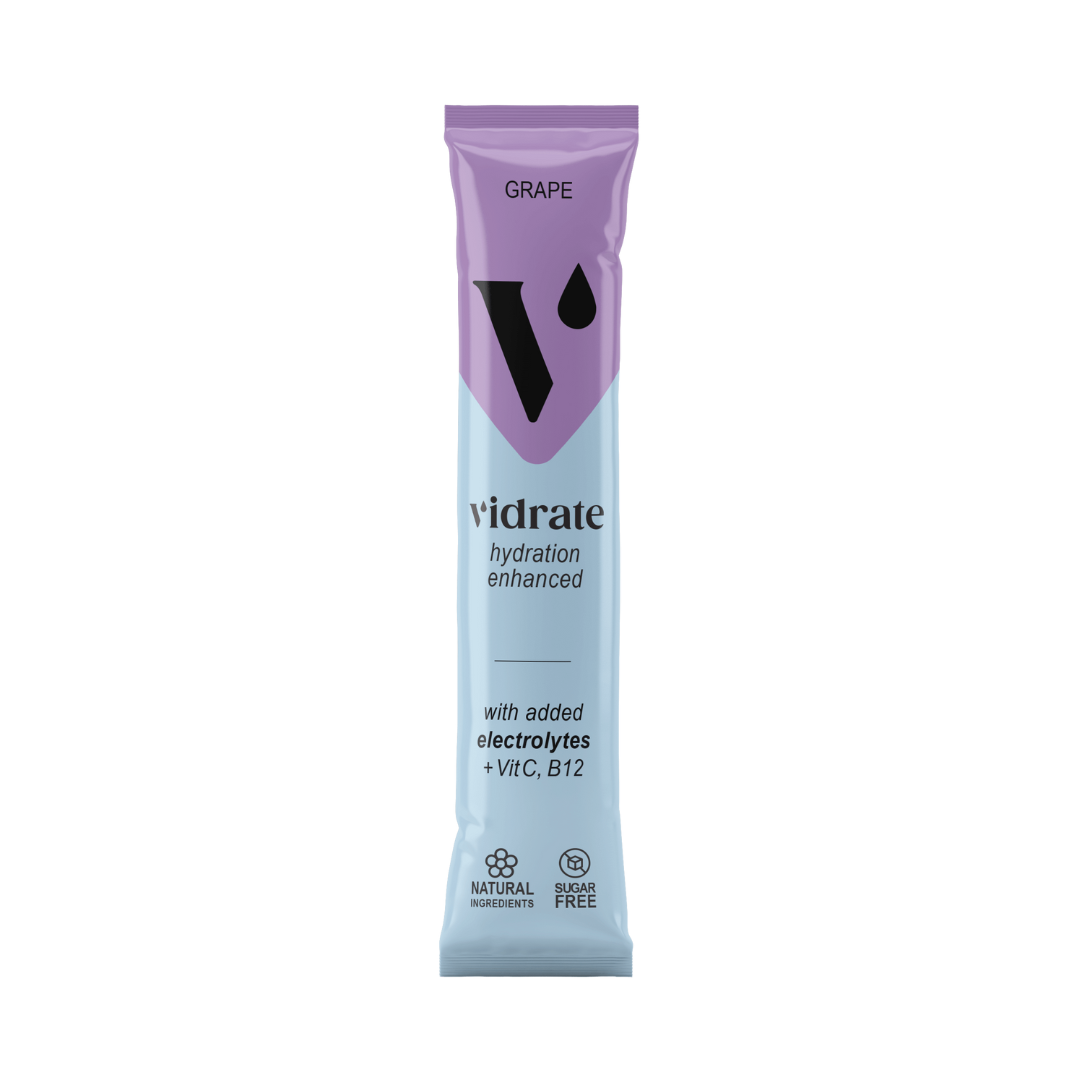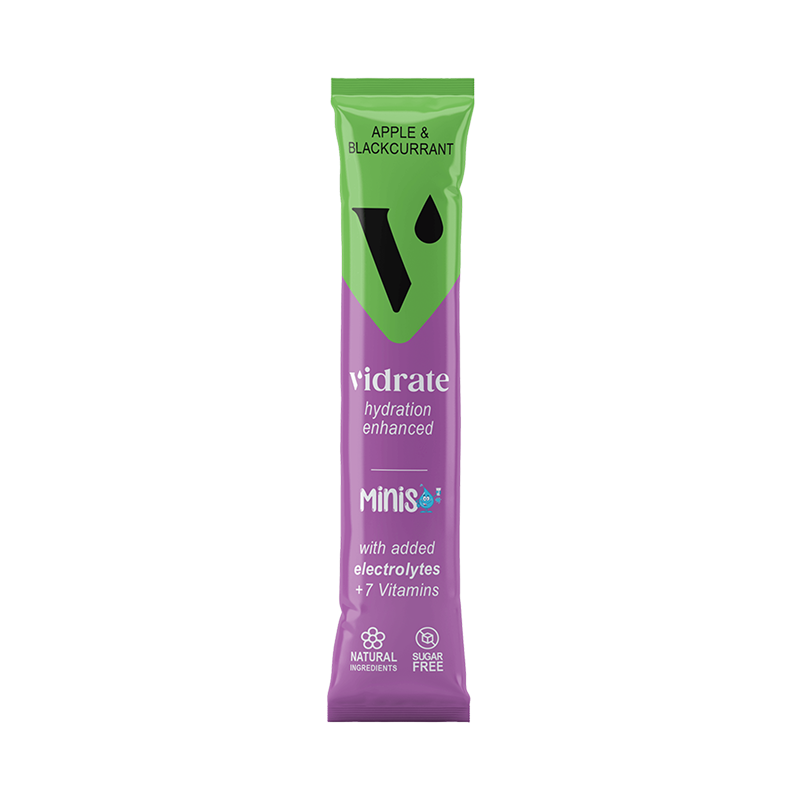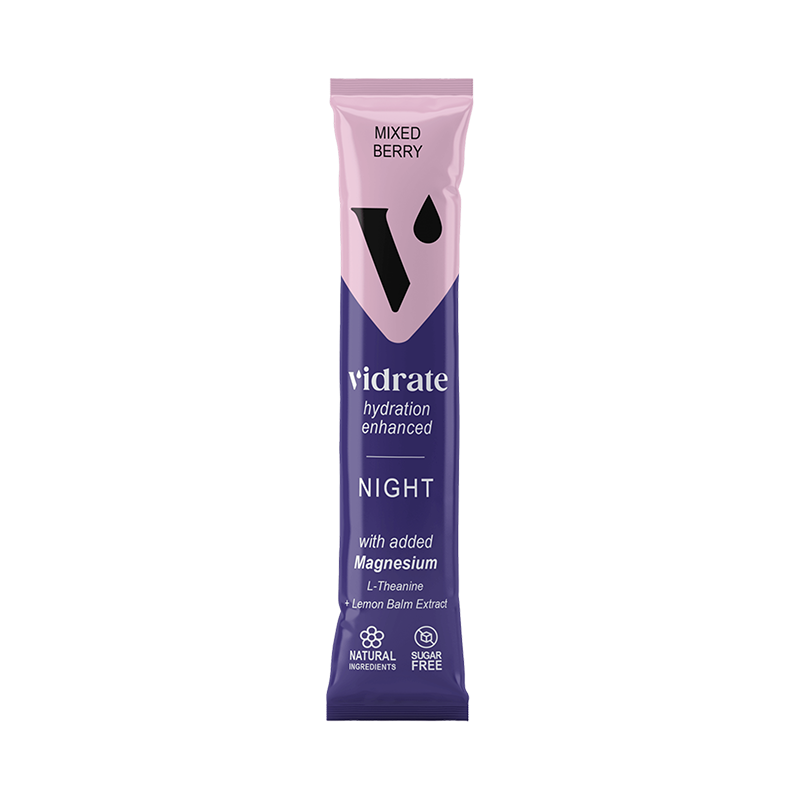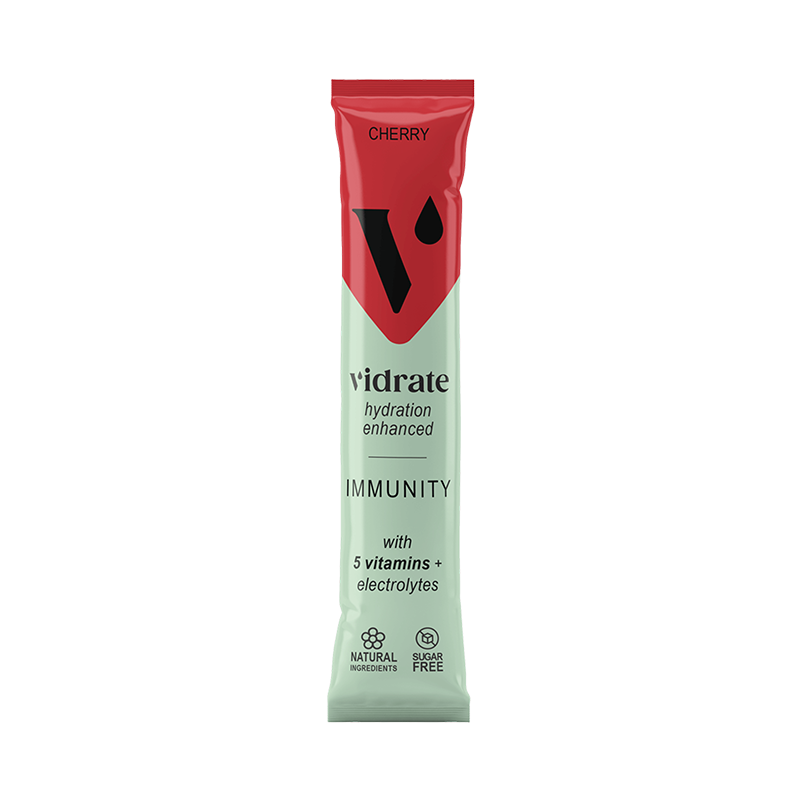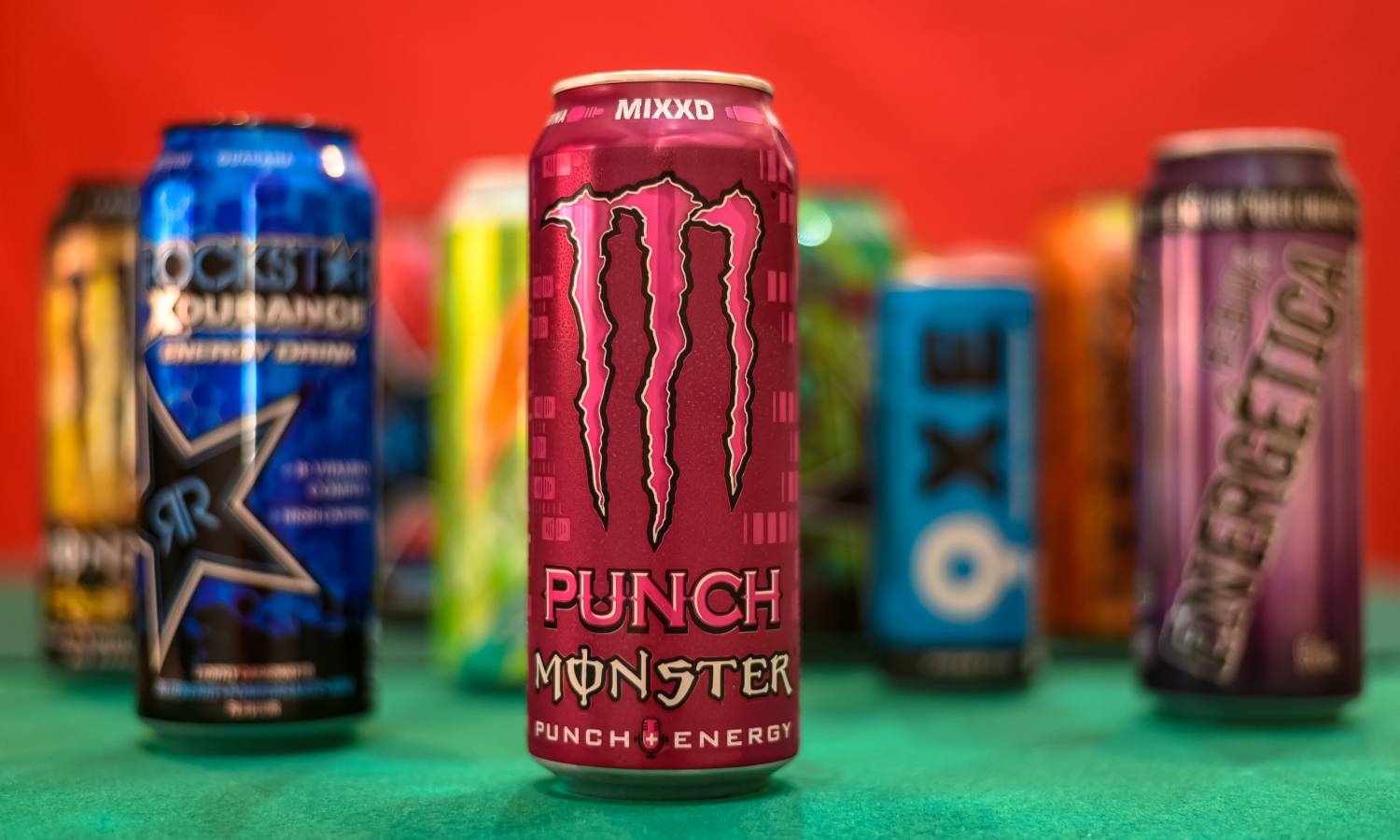

By Nick Hird
Sugar Content in Leading Energy Drink Brands
Whether you’re heading to the gym, preparing for a big exam or just need an extra boost throughout the day, energy drinks have become a popular addition to everyday life for many people. In 2019 the UK sales of energy drinks grew by 3.9% and accounted for 5% of all sales in the soft drinks market.
Although all drinks brands reduced their sugar content with the introduction of a sugar tax in 2018, some of the world-leading brands still contain between 14 and 17 teaspoons of sugar which are almost double the daily limit. Keep reading to find out the effects that sugar can have on your body and what sugar content leading brands have!
How much sugar should you have each day?
For the average adult, you should have no more than 30g of sugar in a day, children aged 7 to 10 should have 24g of sugar per day and children aged 4 to 6 should have no more than 19g of sugar. Sugar consumption does vary from person to person, but the overconsumption of sugar can cause some serious health issues.
Sugars can be divided into two groups, ‘free’ and ‘intrinsic’ sugars. All added sugars fall into the ‘free sugars’ group as well as sugars present in honey, syrups, fruit juices and fruit juice concentrates. Intrinsic sugars are those that are found naturally within dairy foods (milk, yoghurt) or in dried fruit and vegetables. Intrinsic sugars are not the kind of sugars that we need to cut down on as these occur naturally within everyday foods and vegetables. Although our sugar intake throughout the country has decreased, we are still consuming more free sugars than we should.

What can sugar do to your body?
Sugar is essentially calories and extra calories can lead to weight gain, this can ultimately lead to health problems such as heart disease and type 2 diabetes. Obesity is rising worldwide and although the sugar content has been reduced in many beverages, sugar-sweetened beverages seem to be the main culprit.
Many high sugar diets have been associated with an increased chance of heart disease. High sugar diets can lead to high blood sugar and blood pressure levels which are all risk factors for heart disease. Sugary drinks are also liked to atherosclerosis, which is a disease seen by fatty and artery-clogging deposits. The blocking of the arteries can cause much larger health issues.
Processed sugars can rapidly increase your blood sugar and insulin levels which cause oil production and inflammation which all play a huge role in acne development. A study conducted with 2,300 teens demonstrated that those who had consumed more sugar had a 30% greater risk of developing acne.
The biggest issue caused by sugar is tooth decay, this is especially seen within younger children whose teeth may not be as developed as an adult but either way, the sugars within foods and drinks will eventually decay your teeth. When you consume sugar, it begins interacting with the plaque bacteria on your teeth. This interaction causes the production of acid which slowly dissolves the enamel which then creates cavities thereby causing tooth decay. The increased consumption of sugar will increase the amount of acid produced by the reaction. With most energy drinks containing large amounts of sugar, this is highly likely to lead to rapid tooth decay.

How much sugar do leading energy drinks contain?
| Energy Drink | Sugar Content |
| Rockstar Punched Energy + topical guava flavour 500ml | 21 tsp (83.5g) |
| Monster Energy 500ml | 14 tsp (57g) |
| Red Bull 473ml | 13 tsp (51g) |
| Mother 500ml | 13 tsp (51g) |
| Relentless 500ml | 6 tsp (24g) |
| Red Bull 250ml | 7 tsp (26.5g) |
| Boost 250ml | 3 tsp (12.3g) |
As you can see some brands have over double the daily sugar limit and with or without a sugar tax some people rely on energy drinks to keep them going throughout the day. So, what can you do to ensure you are still getting your caffeine boost without the sugar?
What can I do to reduce my sugar intake?
There are many energy drinks that contain all needed caffeine but contain zero sugar or are naturally sweetened with Stevia. ViDrate has also released a brand-new flavour (Guava) that contains 90mg of caffeine (13mg more than the world's best-seller) as well as being zero sugar! Not only this it contains natural ingredients, vitamins, and electrolytes. Not only are you getting your caffeine hit, with ViDrate you are also hitting your daily recommended water target.
Swapping an energy drink out for a healthy protein shake can have the same effects on your energy levels. A study conducted by the University of Cambridge found that protein can stimulate cells that keep us awake more than the glucose in energy drinks!

What can we learn from this? Although we feel as though we need the boost of an energy drink there are many healthier alternatives that mean you can drastically reduce your daily sugar intake. Lots of world-leading brands sell drinks that contain over double the recommended sugar intake for an adult and although this has reduced over the years due to the sugar tax introduction, it is still extremely high, and this can cause many health implications. Are you going to cut out some of these leading energy drink brands?
